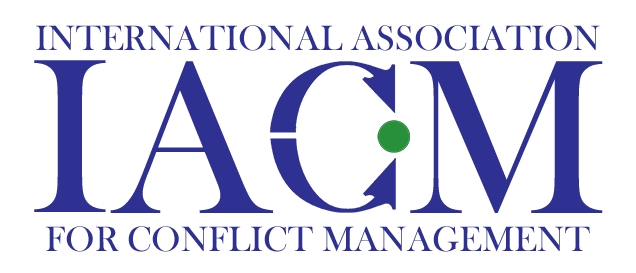Full Program »
Asking White Americans about personal hardships increases willingness to engage is discussions of racial inequity
Keywords: Privilege, Advantage, Inequity, Intergroup Relations
Abstract: How do White Americans discuss racial inequity? Advantaged group members deny the existence of privilege by claiming to suffer personal hardship (Phillips & Lowery, 2015). We explore how sharing or hearing about personal hardships impacts people’s willingness to engage in discussions of privilege and belief in inequity. In Study 1 (N=259), White Americans learned they would discuss social issues with a partner. Those who were first asked about their hardships reported greater liking of their partner and greater belief in privilege than those in other conditions. In Study 2 (N=150), we show this effect is particularly strong for conservatives. In Study 3 (N=100), we show participants a response that denies privilege and either includes a hardship or does not. We find that increasing perceived hardships decreases third parties’ subsequent belief in privilege. Our results show how personal hardships can ease racial conversations for Whites but may have potential downstream consequences.
